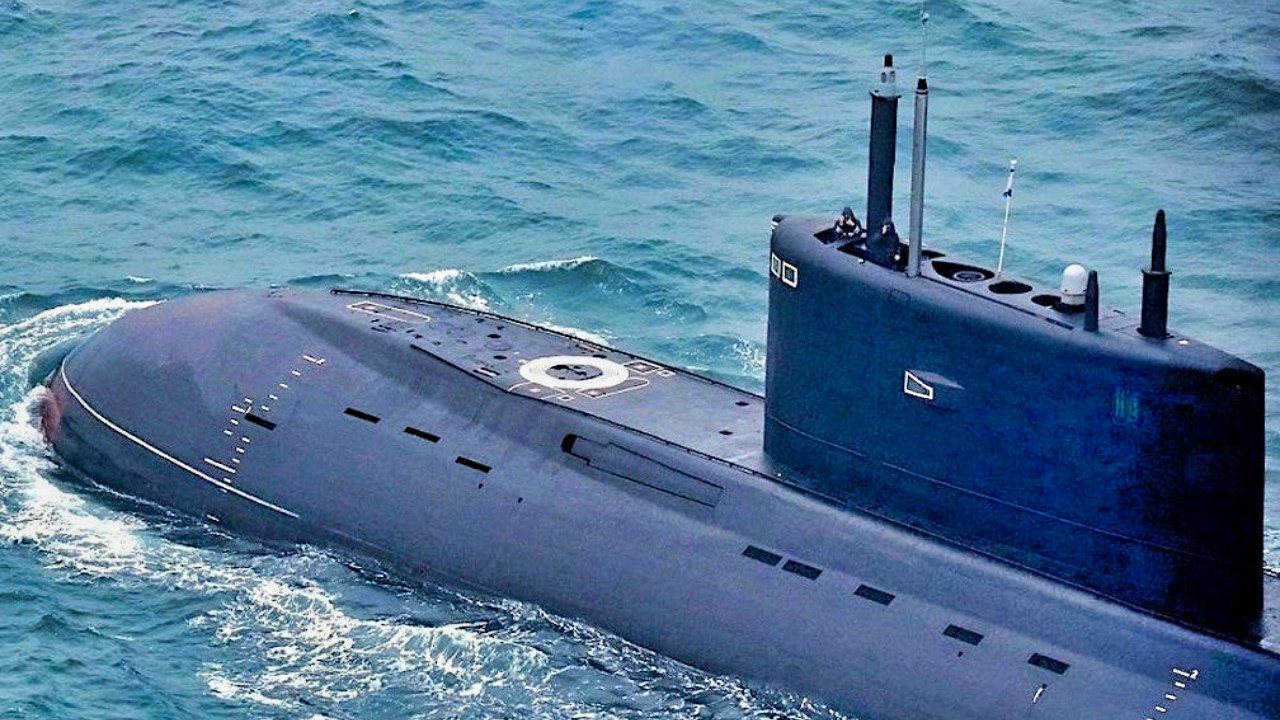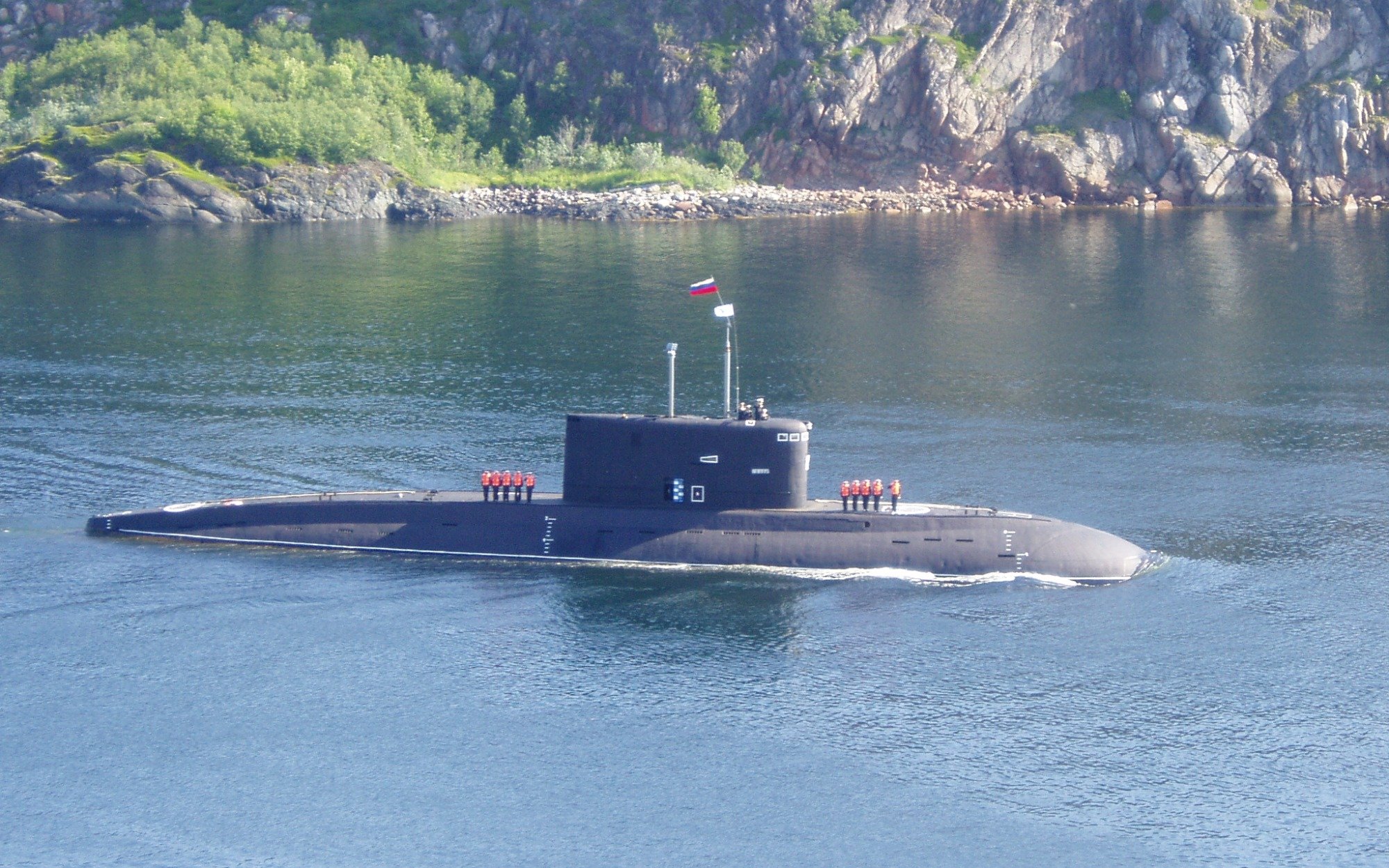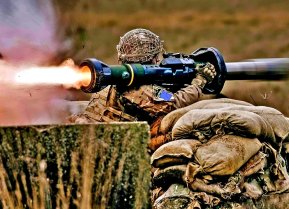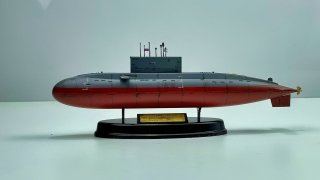Russia's Kilo-Class 'Black Hole' Submarines Were 'Operating' Close to NATO
Recently, it was revealed that Russian Kilo-class submarines have operated in the Irish Sea. These operations, occurring since Russia's invasion of Ukraine in February 2022, raised alarms as the Irish Sea hosts crucial transatlantic cables.
Summary and Key Points: Recently, it was revealed that Russian Kilo-class submarines have operated in the Irish Sea. These operations, occurring since Russia's invasion of Ukraine in February 2022, raised alarms as the Irish Sea hosts crucial transatlantic cables.

-The stealthy Kilo-class, known for its "Black Hole" nickname due to its quietness, carries advanced weaponry and poses potential threats to undersea infrastructure. Despite Ireland's military neutrality, NATO has pledged to protect these waters.
-The Kilo-class subs, designed for coastal operations, further highlight Russia's provocative maritime maneuvers.
Kilo-Class Subs: Russia’s Silent Threat in the Irish Sea
It was long said that Britain rules the waves, but that has been obviously true since the end of the Second World War, and Moscow apparently didn't get the memo – as it was reported this week that Russian Navy Kilo-class submarines have operated in the waters of the Irish Sea. According to a report from Bloomberg, twice since Russia launched its unprovoked invasion of Ukraine in February 2022, the Russian Navy has conducted sorties of its submarines in the waters between Ireland and Great Britain.
One of the deployments was "about 18 months ago, while the other was more recent," the magazine of record stated. Russian submarines had not known to have previously transited the waters of the Irish Sea.
"It would be difficult for a Russian submarine to navigate the Irish Sea without breaking international law because legally they can only travel on the surface of territorial waters," the UK's Telegraph newspaper also reported, citing Bloomberg. "The varying depths of the Irish Sea would make it difficult for a Russian vessel to travel in the waters submerged."
Saber Rattling or Cable Cutting Exercises?
The deployment of the Kilo-class boats to the waters is notable as upwards of 75% of transatlantic cables in the northern hemisphere pass through or very close to the waters of the Irish Sea. A dozen of the cables connect Ireland and the UK to the European continent and to North America.
The Republic of Ireland is not a member of NATO as it maintains a strict policy of military neutrality, but the international military alliance has vowed to protect the waters including the undersea cables.
About The Kilo-class
The Russian Navy is reported to operate more than 60 diesel-electric Kilo-class submarines, which are reportedly armed with Kalibr missiles that can be used to strike targets on land or at sea. The Kalibr can also be launched from torpedo tubes while the boat is in a submerged position.
Each of the Kilo-class boats are also equipped with armed with 533-millimeter torpedo tubes and carried a total of 18 torpedoes. The submarines are also able to stealthily lay mines.
The boats were nicknamed "Black Holes" by the U.S. Navy as they were designed to operate in shallower, coastal waters where they can be employed in anti-surface warfare (ASuW) and anti-submarine warfare (ASW) missions. The upgraded Kilo-II boats are 74 meters long and displace more than 3,900 tons, and due to their strong hull, the submarines have an operational depth of 240 meters and can dive to a maximum depth of 300 meters and an operational range of up to 7,500 miles.

The Russian submarines have been considered among the world's quietest underwater cruisers, and the boats can travel at speeds of up to twenty knots, while they have sea endurance of forty-five days. Each of the Russian boats is operated by a crew of fifty-two submariners.
Author Experience and Expertise: Peter Suciu
Peter Suciu is a Michigan-based writer. He has contributed to more than four dozen magazines, newspapers, and websites with over 3,200 published pieces over a twenty-year career in journalism. He regularly writes about military hardware, firearms history, cybersecurity, politics, and international affairs. Peter is also a Contributing Writer for Forbes and Clearance Jobs. You can follow him on Twitter: @PeterSuciu. You can email the author: [email protected].
All images are Creative Commons and Shutterstock.


